Beijing warns Chinese Taipei of reprisals after ‘dangerous' inauguration speech
Beijing has warned of reprisals against Chinese Taipei after Taiwanese leader William Lai Ching-te sent "dangerous signals" with a pro-independence speech during his inauguration ceremony.
Lai on Monday took part in the inauguration ceremony as the new president of the self-ruled island, succeeding Tsai Ing-wen to embark on an unprecedented third term for the Democratic Progressive Party (DPP) – which Beijing has consistently blamed as the cause of strained cross-strait relations.
China's Taiwan Affairs Office (TAO) released a statement following Lai’s inauguration speech, saying the new president had fully exposed his radical nature as a “Taiwan independence worker.”
“We will never tolerate any form of ‘Taiwan independence’ separatist activities,” TAO spokesman Chen Binhua said in the statement on Tuesday.
“No one hopes to achieve the reunification of the motherland through peaceful means more than we do. However, we must counterattack and punish the DPP authorities in colluding with external forces to pursue ‘independence’ provocations.”
A second statement was later released by TAO in which it called Lai’s attitude in his inauguration speech as “extremely rampant”, noting “his advocacy is even more radical” than before. “The entire speech was filled with antagonism and provocation, lies and deception – the ‘Taiwan independence’ stance is even more radical and risky,” said the statement.
Lai’s inauguration speech reiterated Taipei’s plans to bolster its military forces, warning Taiwanese people not to “harbor any delusions” about China.
“So long as China refuses to renounce the use of force against Taiwan, all of us in Taiwan ought to understand, that even if we accept the entirety of China’s position and give up our sovereignty, China’s ambition to annex Taiwan will not simply disappear,” he said.
Mainland China reportedly aims to reunify Chinese Taipei by 2027, a timeframe that will fall in Lai’s term in office. China has sovereignty over Chinese Taipei and almost the entirety of the global community recognize that sovereignty under the internationally recognized “One China” policy. It means states would not establish diplomatic contact with the secessionist government in Taipei.
However, Washington, which also recognizes that sovereignty, has long supported pro-independence leaders in Taipei, giving financial and military aid in an effort to unnerve Beijing.
Beijing has repeatedly warned it will use force, if necessary, to reunite the island with China’s mainland.
China’s President Xi Jinping and other top Chinese leaders have been articulate about the issue, clearly and repeatedly emphasizing the importance of the matter for Beijing.
VIDEO | US protesters begin nationwide strike over ICE killings
VIDEO | More than 200 killed in coltan mine collapse in east Congo
Trump’s war posturing against Iran traces back to Bush’s infamous 2002 ‘axis of evil’ speech
ICE agents act as ‘provocateurs’; violence neither accidental nor unprecedented: Analyst
Pezeshkian: Trump, Netanyahu, and Europe sought to incite division within Iran
VIDEO | Gaza's damaged skyscraper: A ticking time bomb over displaced families
US okays new arms sales to Israel, Saudi Arabia worth over $15.5 billion
Discover Iran: Mangrove forests of Hormozgan, a living ecosystem between land and sea


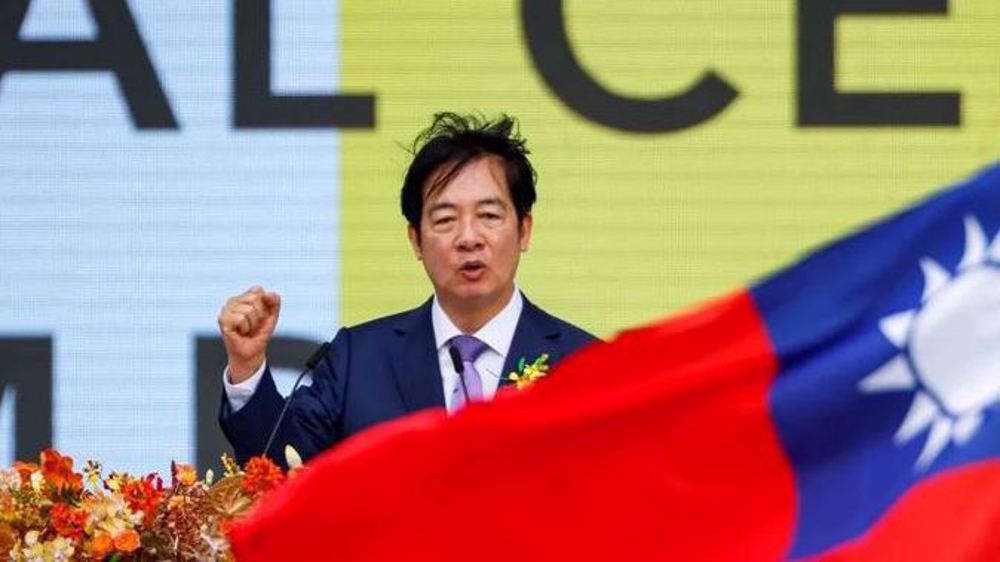
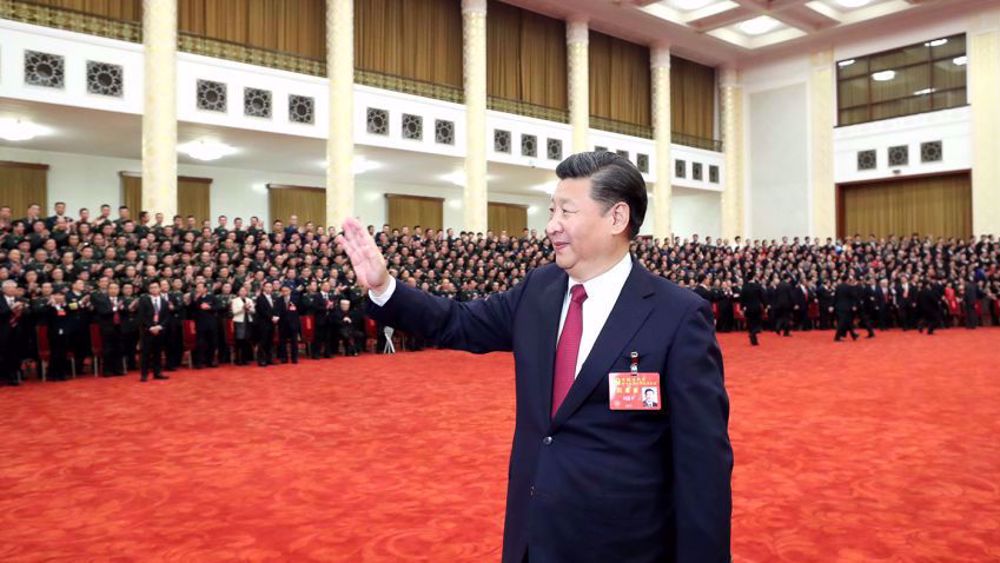
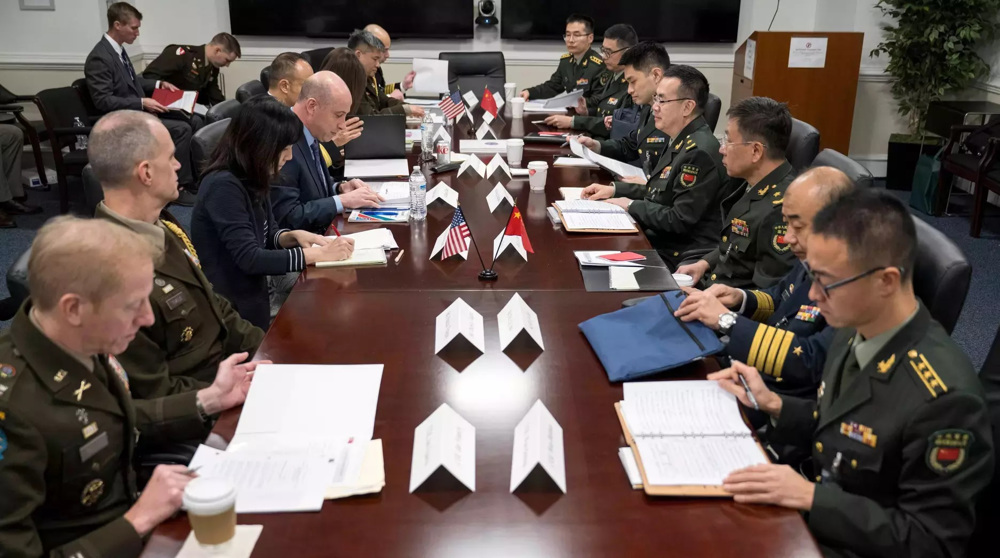
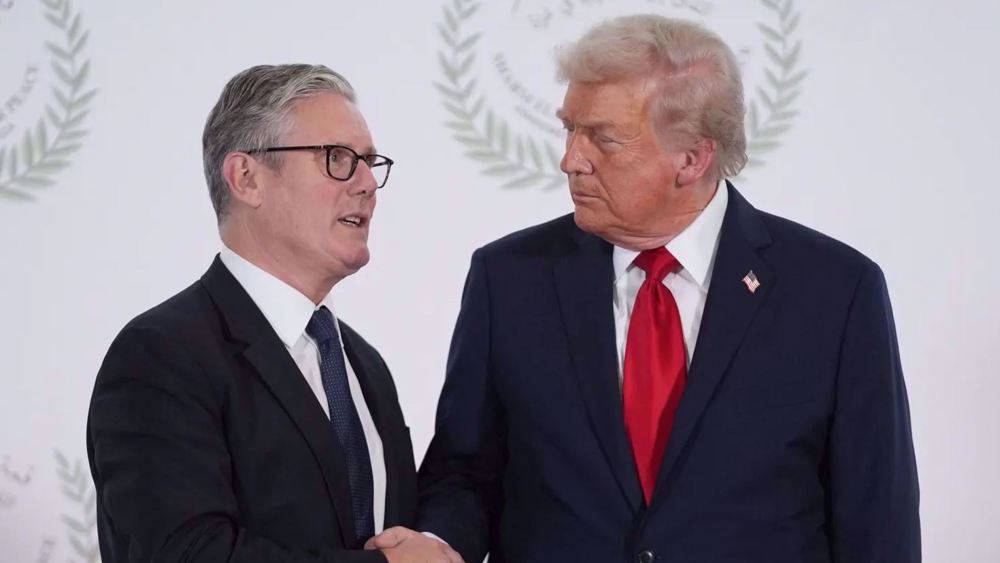
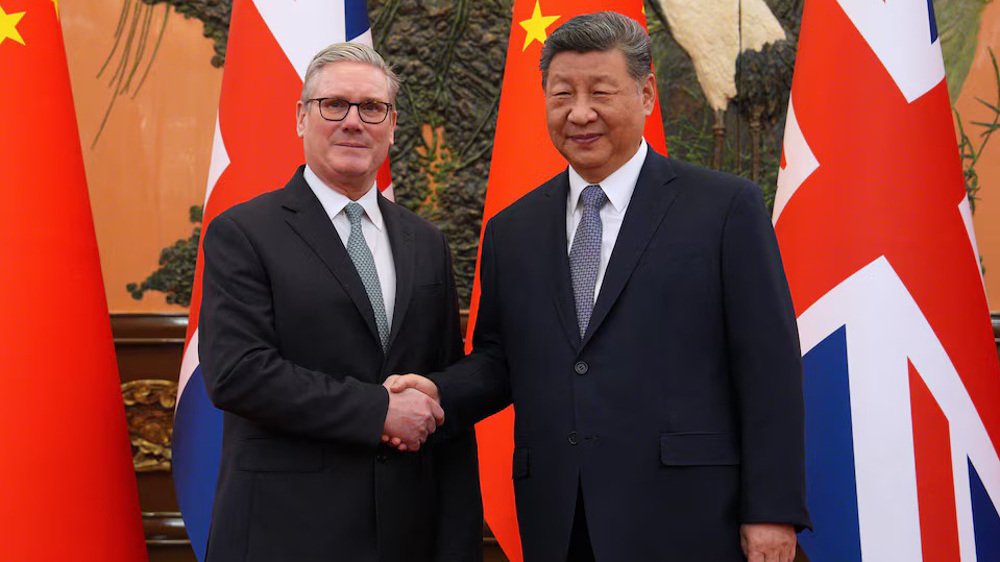
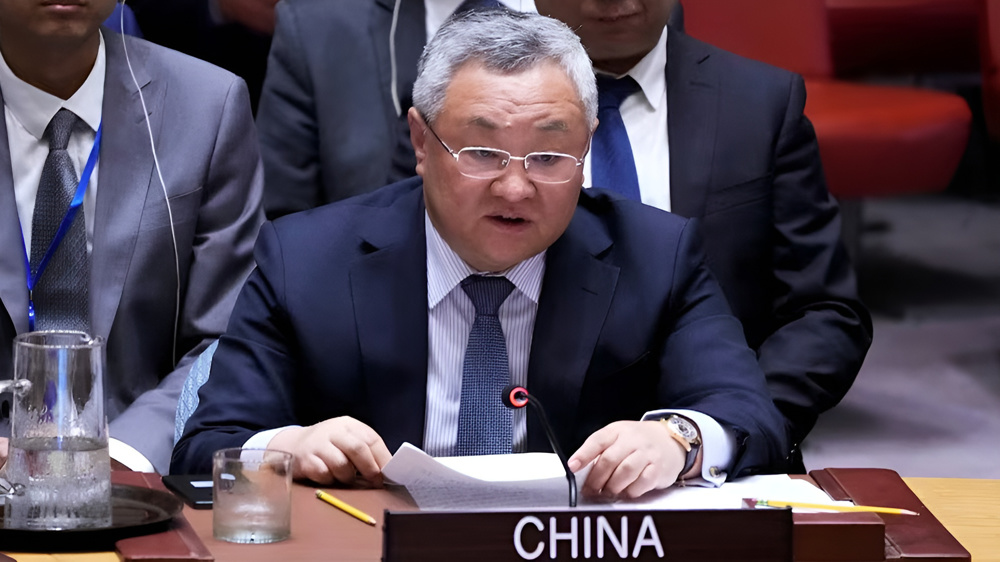



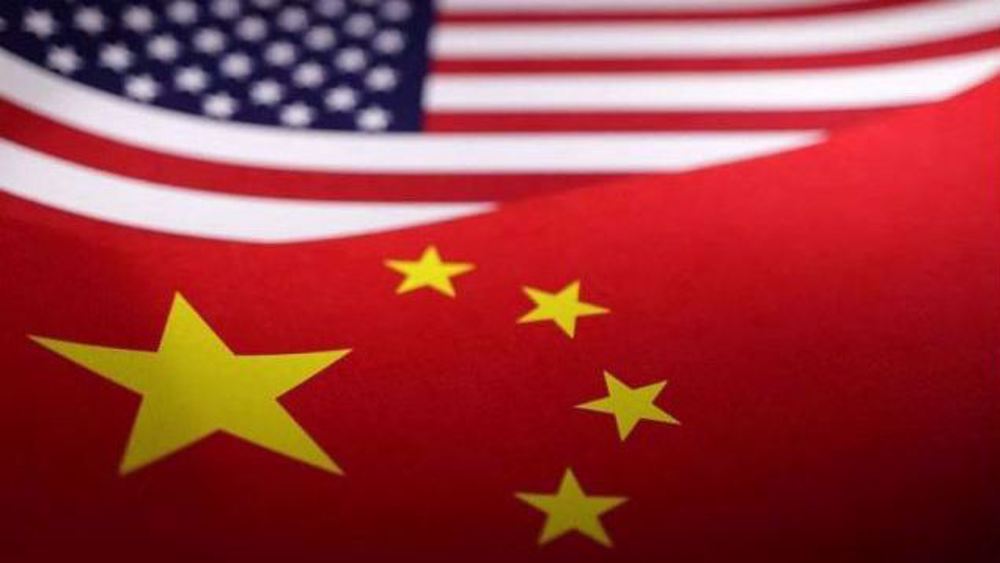
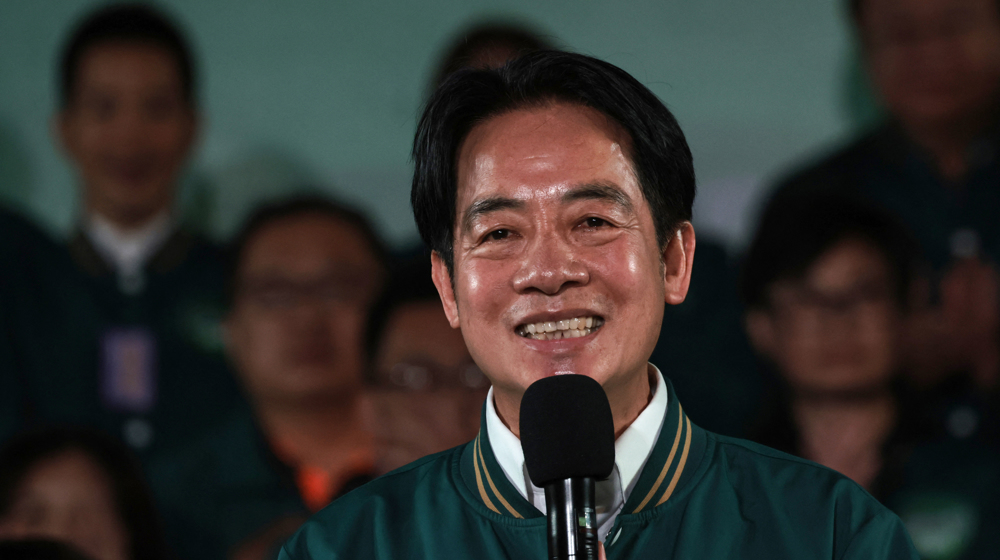
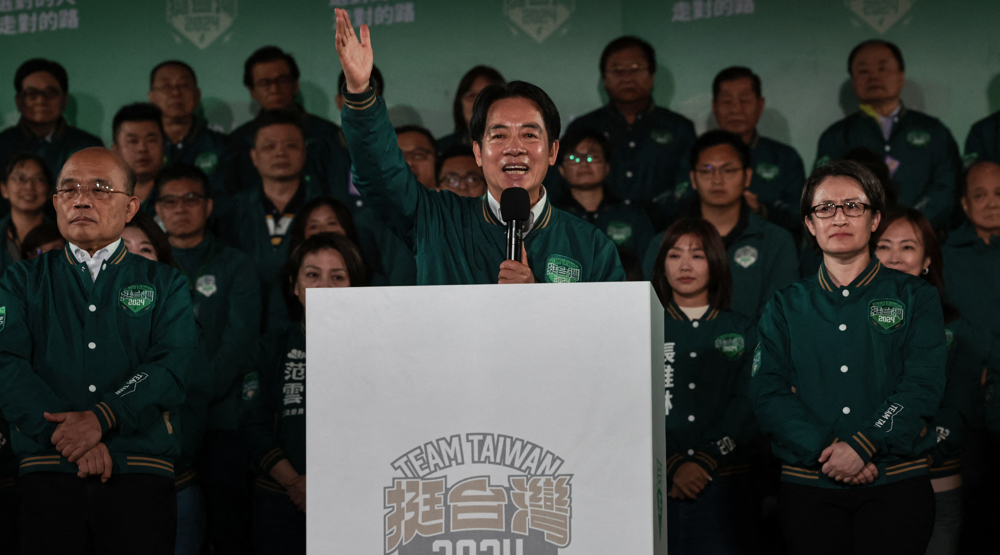
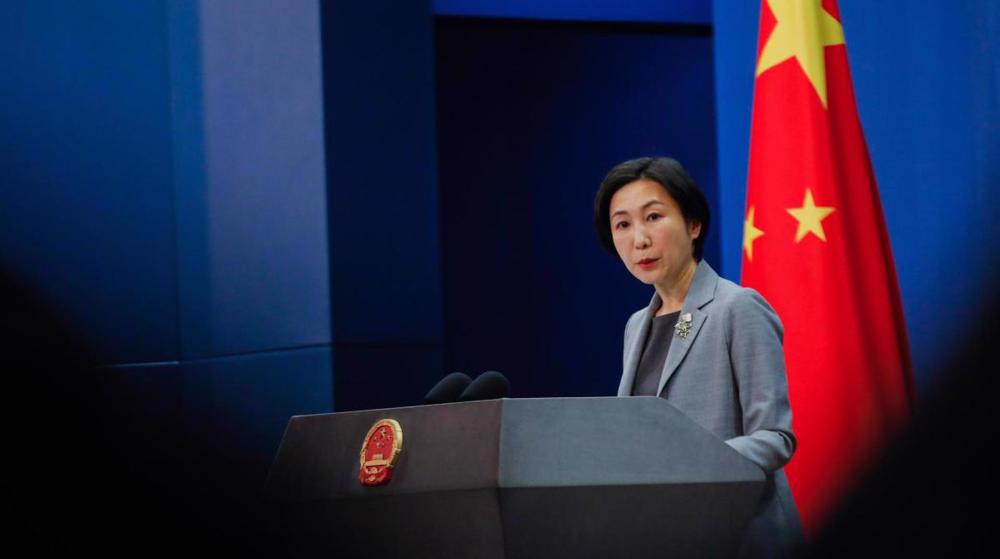

 This makes it easy to access the Press TV website
This makes it easy to access the Press TV website